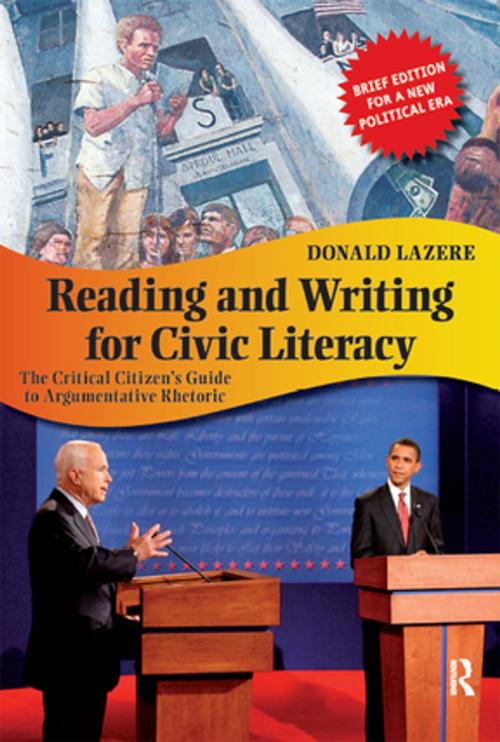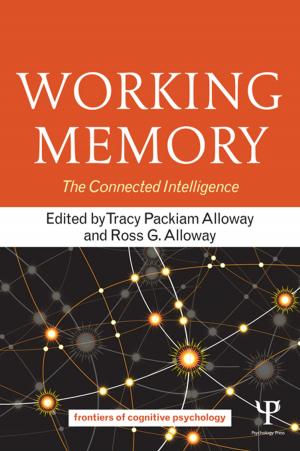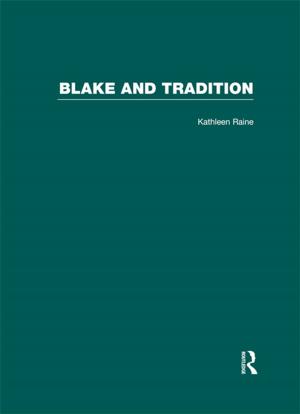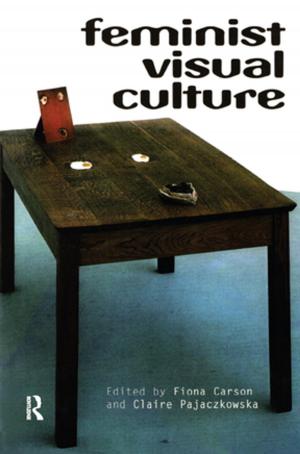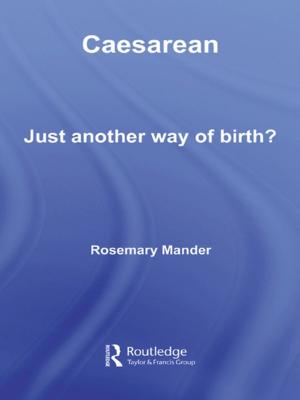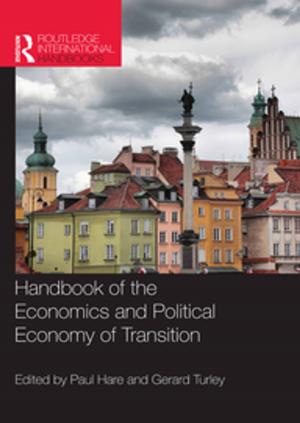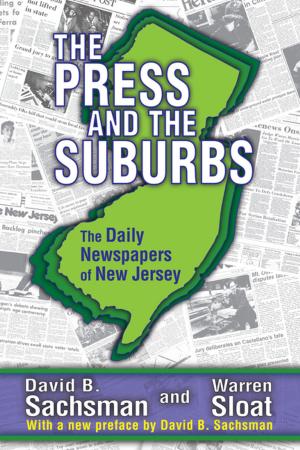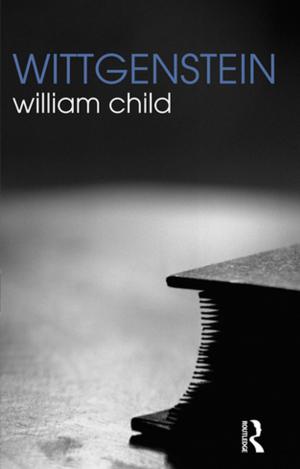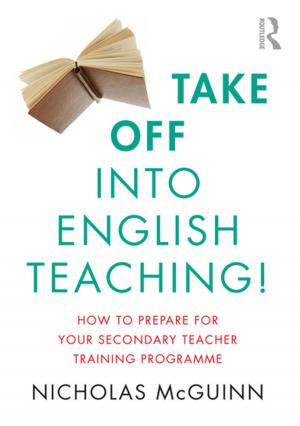Reading and Writing for Civic Literacy
The Critical Citizen's Guide to Argumentative Rhetoric
Nonfiction, Social & Cultural Studies, Social Science, Sociology| Author: | Donald Lazere | ISBN: | 9781317264590 |
| Publisher: | Taylor and Francis | Publication: | December 3, 2015 |
| Imprint: | Routledge | Language: | English |
| Author: | Donald Lazere |
| ISBN: | 9781317264590 |
| Publisher: | Taylor and Francis |
| Publication: | December 3, 2015 |
| Imprint: | Routledge |
| Language: | English |
This brief edition of a groundbreaking textbook addresses the need for college students to develop critical reading, writing, and thinking skills for self-defense in the contentious arena of American civic rhetoric. Designed for first-year or more advanced composition and critical thinking courses, it is one-third shorter than the original edition, more affordable for students, and easier for teachers to cover in a semester or quarter. It incorporates up-to-date new readings and analysis of controversies like the growing inequality of wealth in America and the debates in the 2008 presidential campaign, expressed in opposing viewpoints from the political left and right. Exercises help students understand the ideological positions and rhetorical patterns that underlie such opposing views. Widely debated issues of whether objectivity is possible and whether there is a liberal or conservative bias in news and entertainment media, as well as in education itself, are foregrounded as topics for rhetorical analysis.
This brief edition of a groundbreaking textbook addresses the need for college students to develop critical reading, writing, and thinking skills for self-defense in the contentious arena of American civic rhetoric. Designed for first-year or more advanced composition and critical thinking courses, it is one-third shorter than the original edition, more affordable for students, and easier for teachers to cover in a semester or quarter. It incorporates up-to-date new readings and analysis of controversies like the growing inequality of wealth in America and the debates in the 2008 presidential campaign, expressed in opposing viewpoints from the political left and right. Exercises help students understand the ideological positions and rhetorical patterns that underlie such opposing views. Widely debated issues of whether objectivity is possible and whether there is a liberal or conservative bias in news and entertainment media, as well as in education itself, are foregrounded as topics for rhetorical analysis.
